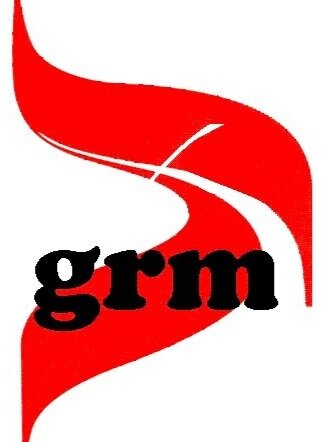Myths & Facts, Expectations, Do's & Don'ts
Developing Outreach to Problem Gamblers
MYTH: Public sentiment will acknowledge a need for outreach to problem gamblers and their loved ones.
FACT: Often the public’s response is “We don’t know of people with gambling problems in this area.”
Generally, expect the public to be in denial.
Know that there are individuals who are personally relieved that someone is addressing this issue. Don’t count on persons to come for help immediately.
MYTH: Most mental health agencies in the community will quickly train staff to become certified as gambling counselors.
FACT: Due to budget restraints and other reasons, there may be reluctance by agencies to encourage and provide financial assistance and time off for therapists to take the specialized trainings for counseling problem gamblers.
Expect many States to have very few certified therapists in this field.
Realize that persons may have difficulty finding qualified counselors for gamblers. Don’t expect counselors to be able, often, to attend trainings at distance and at high personal cost.
MYTH: All addictions are alike: an addiction is an addiction!
FACT: Although common threads may run through many addictive behavior patterns, pathological gambling includes issues to be uniquely addressed.
Often expected after a workshop on problem gambling:
“I’ve been trained in addictions but I never knew anything about compulsive gambling!”Know that you will find large quantities of material on alcohol and drug abuse. Don’t expect to find plentiful amounts of literature on compulsive gambling or higher education courses on the topic. Go to http://www.ncpgambling.org/ for public awareness materials.
MYTH: If there are no GA Meetings near by, any 12 Step Program will work for compulsive gamblers.
FACT: Unless an individual has alcohol and/or drug abuse issues, also, it is unlikely that AA or NA would provide the adequate support and sponsorship that GA is able to do for the recovering gambler.
Expect the same above situation to apply to loved ones of problem gamblers.
When possible and appropriate, take the gambler and/or loved ones to GA/ Gam-Anon Meetings, even at a distance. In some areas, especially rural, don’t expect to find many of these meetings!
MYTH: If there are no GA Meetings in the area, a concerned therapist or clergy can start a meeting.
FACT: Only recovering gamblers can start a GA Meeting.
Expect light turnouts at new Meetings; expect relapse of some members; but expect that lives will be changed, also!
Do contact the closest GA Hotline and ask for help for the gambler and loved ones. Don’t lump “all addictions” together to form a group and expect it to have the same results as GA & Gam-Anon.
MYTH: Prayer and to “just stop it” is all one needs to be rid of gambling problems.
FACT: Recovery involves physical, emotional, and spiritual healing with regard to disordered gambling.
Expect resistance and/or a lack of understanding about what is involved in outreach endeavors to problem gamblers.
Do provide local trainings for clergy. Use high quality materials, qualified instructors, and GA and Gam-Anon speakers. Don’t get discouraged! This kind of outreach is cutting edge and, truly, on the frontier of mental health and ministry.
